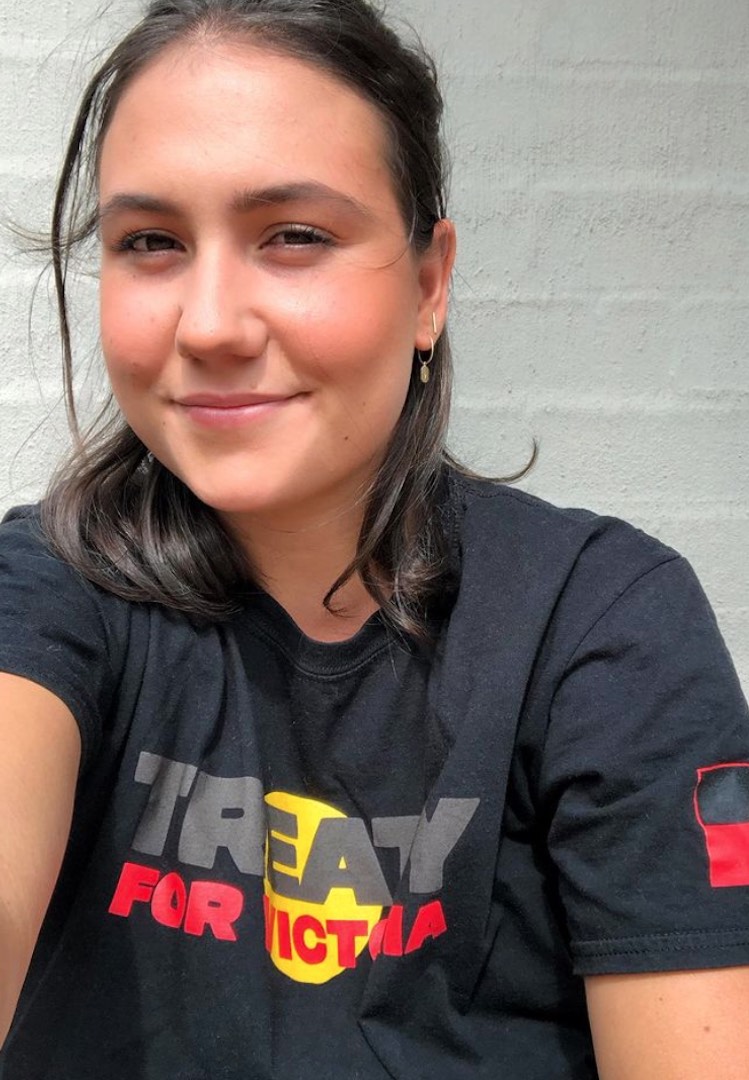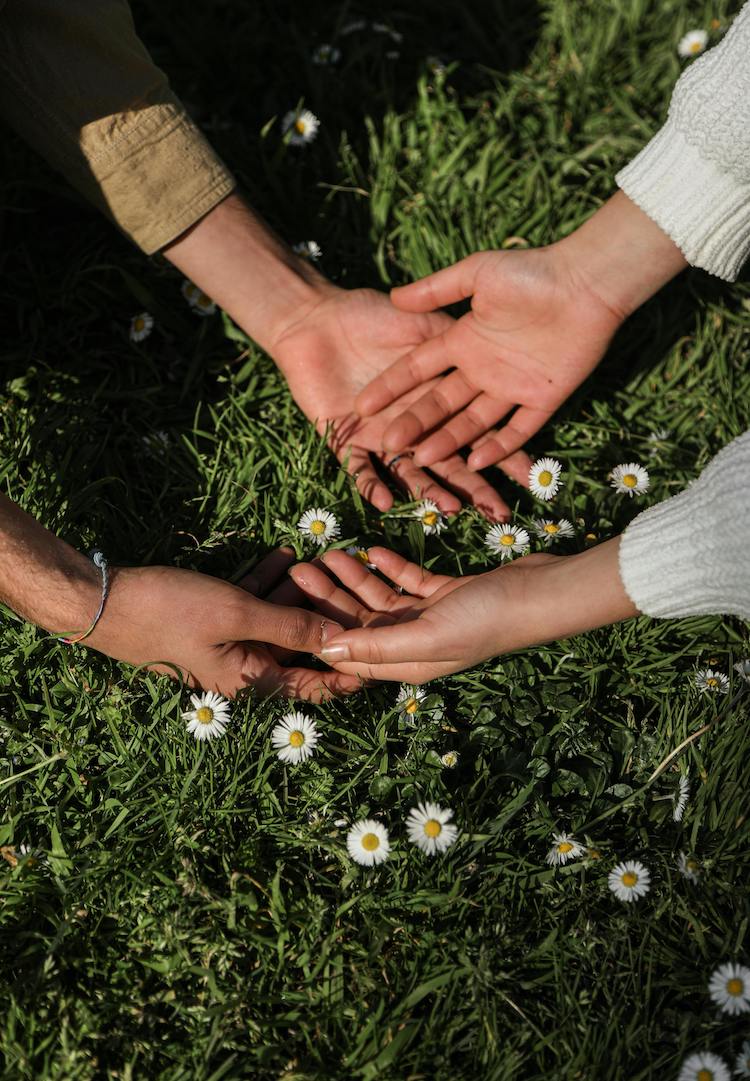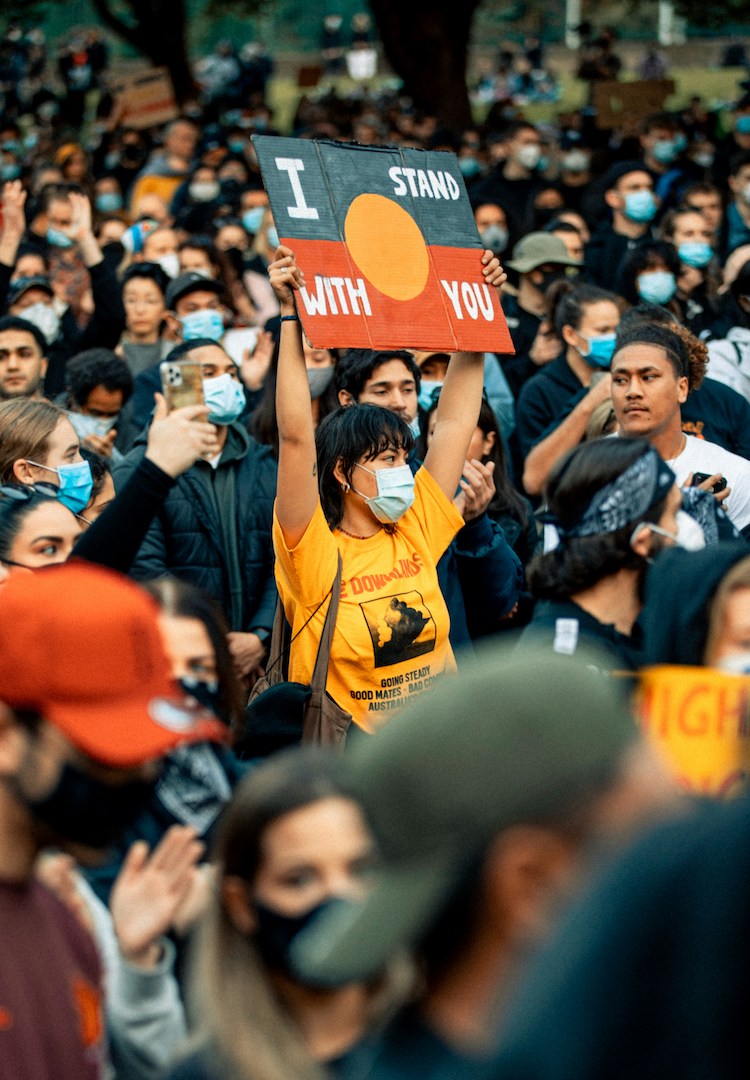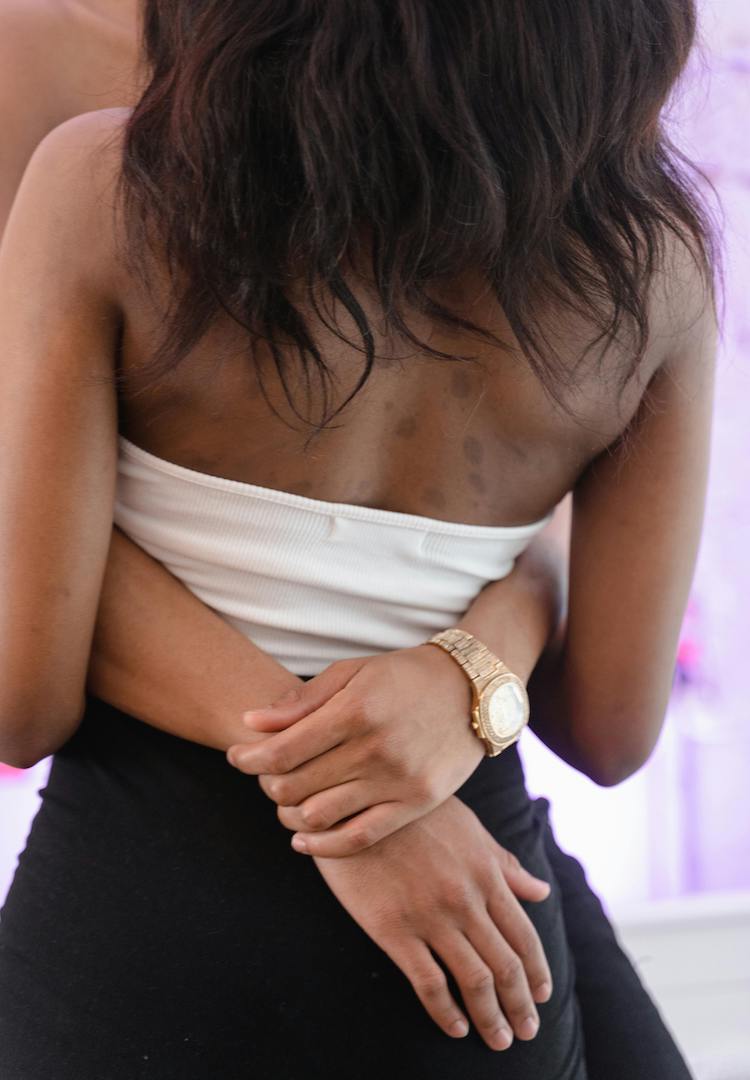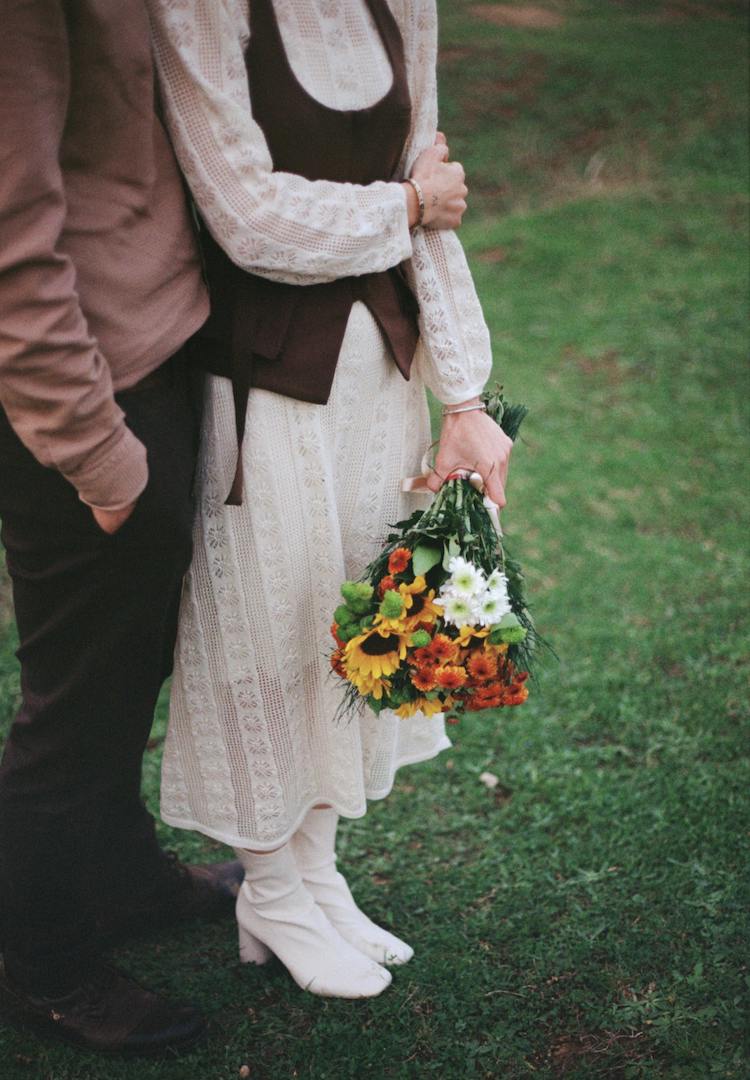The most common dating mistakes, based on your personality type
WORDS BY LIZZIE MULHERIN
“A few photos and one-liners on a dating app really don’t give you much information about a person. The more we looked into the power of personality type compatibility in relationships, the stronger the link became.”
A Google search of ‘dating mistakes’ yields several interesting – though perhaps unsurprising – results. ‘The six most common dating mistakes made by men’, ‘The seven biggest dating mistakes women make (before sex)’, and ‘The worst online dating mistakes you’re making’ are among the highest ranking.
Their words of warning heed ‘asking the wrong questions’, ‘being too focused on sex’, ‘focusing on dating only one person at a time’, or ‘dating too many people at the same time’. There are many paths to navigate in the age-old quest for love. But there’s one thing most (if not all) modern daters can agree on: it’s a jungle out there.
Interested to hear how others navigate the world? Head to our Life section.
If you fancy swinging from vine to vine and throwing yourself into various bodies of water with reckless abandon, there’s nothing wrong with the jungle. The jungle can be a very fun and fruitful place. But if you’re in the market for a more sturdy tree, one you can build a shelter in to endure the odd storm or two, that jungle can feel treacherous. (I’m done with that analogy now. Almost.)
What if we’ve taken the wrong approach to assessing a tree’s sturdiness? (Okay, really done). Rather than examining the most common dating mistakes through binary gender stereotypes, what if we looked at dating do’s and don’ts from a different lens? Specifically, our personality types?
The Myers-Briggs personality tests, which categorise people under 16 different ‘personality types’ depending on how you draw energy, perceive the world, make decisions and engage with the world, have gained a lot of popularity in recent years.
Its self-discovery insights are often used to improve our workplace performance, but those insights can also be transformative for our dating performance. Just ask Jess Alderson, a relationship expert and the co-founder of So Syncd, the first dating app to connect compatible personality types.
“It can be really hard to determine true compatibility in the early stages of dating when physical attraction and other societal expectations can make things murky,” she tells me. “A few photos and one-liners on a dating app really don’t give you much information about a person. The more we looked into the power of personality type compatibility in relationships, the stronger the link became.”
Born of a desire to help friends who were wasting their time on bad dates, Jess and her sister Lou launched So Syncd to help compatible couples connect and find love faster. Since launching in January 2020, it’s gained hundreds of thousands of users across the US, UK, Australia and New Zealand. Some of those users have gotten married, and one So Syncd couple recently had a baby.
Throughout the journey, Jess and her team have observed the most common dating mistakes, based on personality types. It’s important to note that the Myers-Briggs personality types are delivered on a spectrum so someone could be extremely extroverted, or closer to the introverted side of the spectrum.
Jess also notes factors like unresolved childhood trauma, attachment styles and mental health issues which can impact how a personality type presents. Personality types are a great framework to help us understand each other, and are best approached with consideration and curiosity.
Introvert vs extrovert
“Introverts tend to be quite reserved, particularly in the early stages of dating,” Jess, who is an introvert herself, explains. “Building a bond does depend on sharing parts of yourself with others, so if you’re dating an introvert it might take a bit longer to build a connection. Introverts may also come across as not interested when they actually are. They’re just taking their time to process it all, and are most likely processing internally.”
It can be a little different for extroverts. “Extroverts tend to be quite expressive. Communication is important in a relationship, but sometimes extroverts can over-communicate, especially in the early days. Because they tend to draw most of their energy from the outside world, they may need more validation externally from the person they’re dating to feel that sense of security. They can also be impulsive with speech, and blurt things out without thinking it through which they might regret when they’re still getting to know someone.”
Sensing vs intuitive
In the 16 personalities framework, you will be either an ‘S’ (sensing) or an ‘N’ (intuitive). “These terms describe the way we perceive the world; how we take in information,” Jess explains.
“Sensors tend to be more detail-oriented and more grounded in reality. They take things as they are based on what facts present in front of them. Whereas intuitives are bigger picture thinkers; they like to see connections between things and will often look for deeper meanings and patterns.”
So, how does this show up in dating? “Sensors are very practical, which is great in lots of ways. They’re strong in day-to-day activities and staying present. But they can sometimes forget to dream big, either in their careers or relationships or life goals in any kind of way. They’re very focused on what’s actually possible – but if you don’t dream big it’s harder to achieve big things, as the first step to achieving anything is dreaming! They also may be less likely to do things like long-distance, if it doesn’t make practical sense.”
Intuitives are on the opposite end of the spectrum. “They can almost dream too big,” Jess explains. “Dreaming big can be great of course, but it may make you more likely to forego the details. For example, organising a date… or going away for a weekend, they might have the idea but not figure out how to get there logistics-wise. They may also find it harder to stay rooted in the present as they’re always thinking about the possibility of what’s next.”
Thinker vs feeler
The ‘T’ or ‘F’ letter of your Myers Briggs acronym indicates how you filter information to decide which path to take (aka how you make decisions). “Thinkers prefer to make decisions based on objective criteria. They look at facts and data,” Jess says.
“Whereas feelers factor more in emotions. That can be other people’s emotions – like their partner’s – or their own, and their own personal values. Feelers are more likely to get caught up in their emotions after one or two dates.
“They can be really into someone even though they don’t know them that well. It’s not uncommon for feelers to project qualities onto someone they’ve just recently met, which can be dangerous in the dating game! It’s better to go at a healthy pace.”
As for thinkers? “They can sometimes struggle with their emotions, both understanding and articulating them. Falling in love is a scary thing! Sometimes thinkers may not know how to process these big, scary feelings or express them to their partner. As they tend to be very practical, rational and logical, emotions can be very much out of their comfort zone.”
Judger vs perceiver
The final letter of your personality type represents how you interact with the world. “Judgers will prefer structure and routine. They’re more comfortable when they know they have a set path and that plans have been decided. In dating, this could look like rushing into commitment, like a friend who says ‘I need to ask them where this is going right now’ when they’ve only been on a couple of dates,” Jess says.
“Whereas perceivers are more adaptable and spontaneous. They like to keep their options open. They’re likely to say ‘We don’t need to have this conversation right now’. They’re more comfortable making a decision down the road. They don’t take plans as seriously as judgers might, either. If a perceiver plans to meet up on a Friday night but has to cancel they don’t see it as a big deal, whereas for a judger once a plan is made, changing it can be upsetting.
“This can relate to home environments too. Judgers will often have neat bedrooms, whereas perceivers can have clothes and bits and pieces strewn all over the place. What may look like chaos to others doesn’t feel like chaos in their heads but it does to a judger,” Jess laughs.
What if you’re the opposite personality type of your date or partner?
“This is actually a really good thing!” Jess explains. “We see a lot of couples who have different types being really compatible with each other. There’s an element of seeking to restore balance by finding someone who is strong in areas you may lack. For example, a sensor may love that an intuitive encourages them to dream big whereas the intuitive likes the grounding and structure of an S. Opposites really do attract.”
And how important is personality compatibility on the whole? “We think compatibility is the most important part of a fulfilling relationship, alongside aligned values and effort,” Jess explains.
“All relationships require conscious effort. For couples who are in personality pairings that are a less natural fit, it’s just important to take more time to understand your partner and to be open-minded about their behavioural patterns or their world. Rather than being reactive to them doing something differently, stop and think about where they are coming from, ask them why [and] to try and reach a place of understanding.
“Use personality types as a framework to help you understand your partner. Frameworks are designed to help you understand complex systems… whether it’s a model of an economic system or a human being! Personality types provide useful information to help understand the person you’re dating. When used consciously, it’s a great tool to deepen and strengthen your relationships.”
Find out your personality type and more about So Syncd here.

